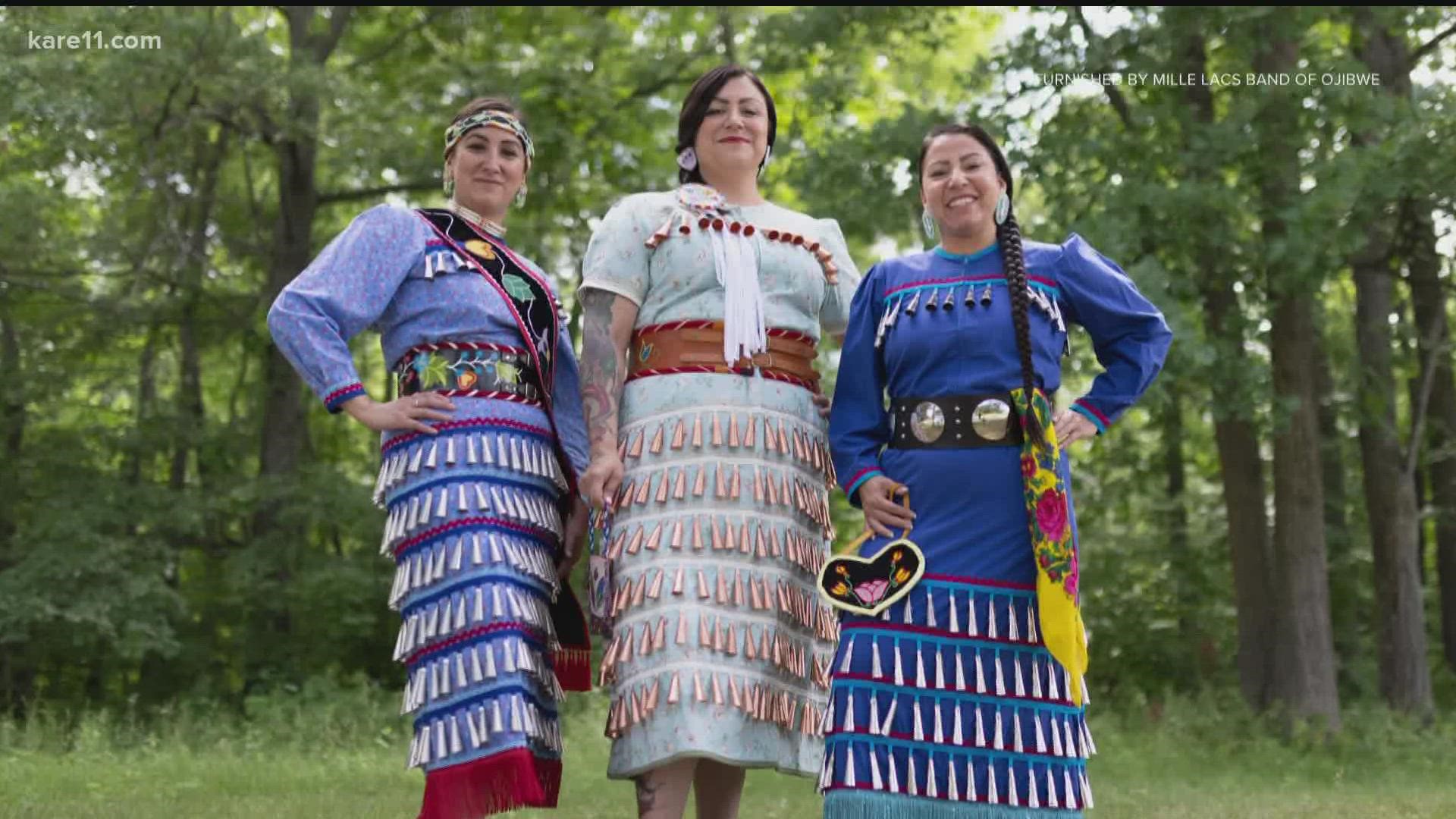ONAMIA, Minn. — The Mille Lacs Band of Ojibwe and Rosetta Stone have joined forces to record and preserve the Ojibwe language and Mille Lacs dialect.
"It's just amazing that we have this opportunity. And we can provide a mechanism for people to learn and continue the language as we move into the future," said Chief Executive Melanie Benjamin.
The future for the Ojibwe language is bright, but Band members say it's hard to forget that assimilation threatened the language's existence.
As settlers came west, many Indigenous people were removed from their reservations. As a result, many children were forced to go to boarding schools.
"[The] language was removed from instruction or methods of instruction. And it was only spoken in the household for the last few generations," said Baabiitaw Boyd, senior advisor on language revitalization initiatives.
Generations later, revitalization is needed, so the language isn't lost forever.
Ojibwe language scholars, native speakers and Rosetta Stone are now working to make sure Band members have access to the Ojibwe language at the palm of their hands.
The lessons feature Ojibwe community members, videos and illustrations that teach vocabulary and grammar. You'll also find cultural information embedded into each lesson.
"The other component that Rosetta Stone brings that really makes a big difference is speech recognition software," said Boyd. "So that a learner, even though they don't have access to a fluent speaker, they're able to use the software. And the software can tell them where they're at in their pronunciation so that it can be corrected, so that you're not learning a language blindly."
The Mille Lacs Band of Ojibwe even committed to developing six years of language levels.
"We anticipate having a long, fruitful relationship with Rosetta Stone," said Boyd.
Several hundred Band members have already registered for lessons.
"It provides positive self-esteem. It provides the opportunity for people to learn about who they are as an Anishinaabe. And I think that's very important," said Benjamin.
Boyd says it's also important to renormalize a heritage language of Minnesota.
"So that when children go to school, when they are out and about in the world, their first language is Ojibwe. I just feel like that is the ultimate anchor and foundation for an Ojibwe person to lean on," she said.
Band members already have free access to the Rosetta Stone lessons.
Starting March 1, the lessons will be available to the public.

